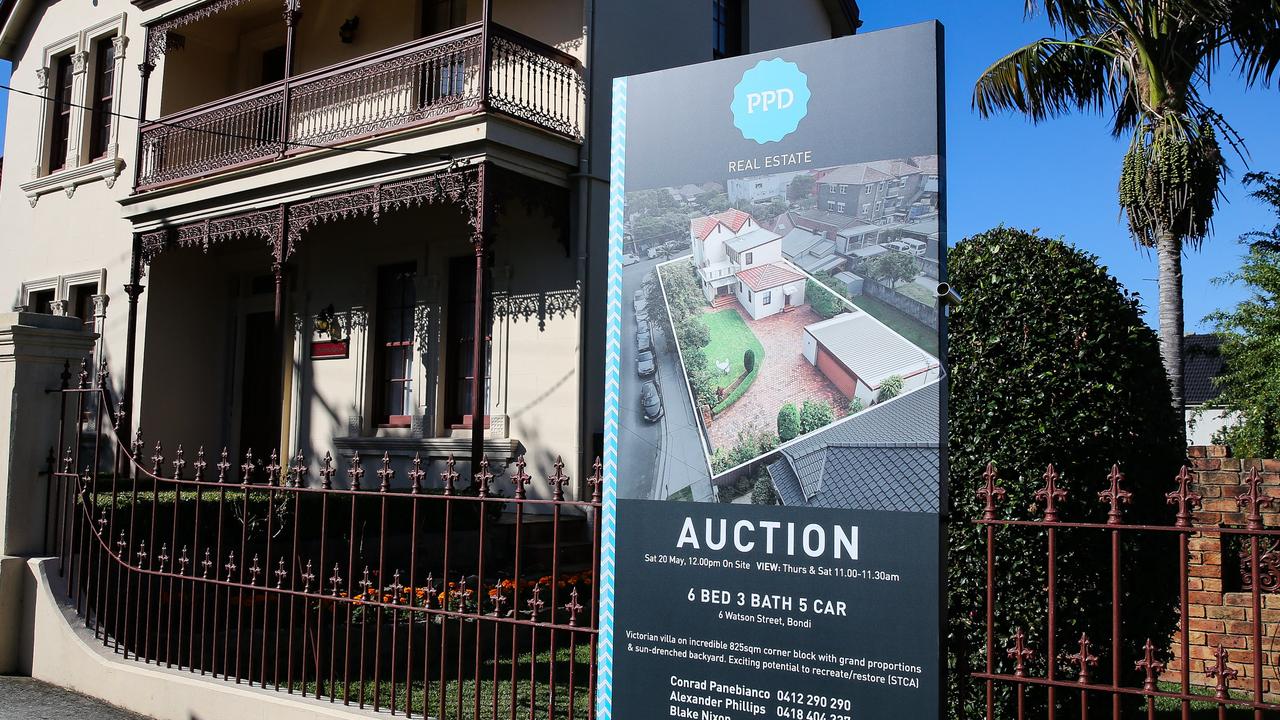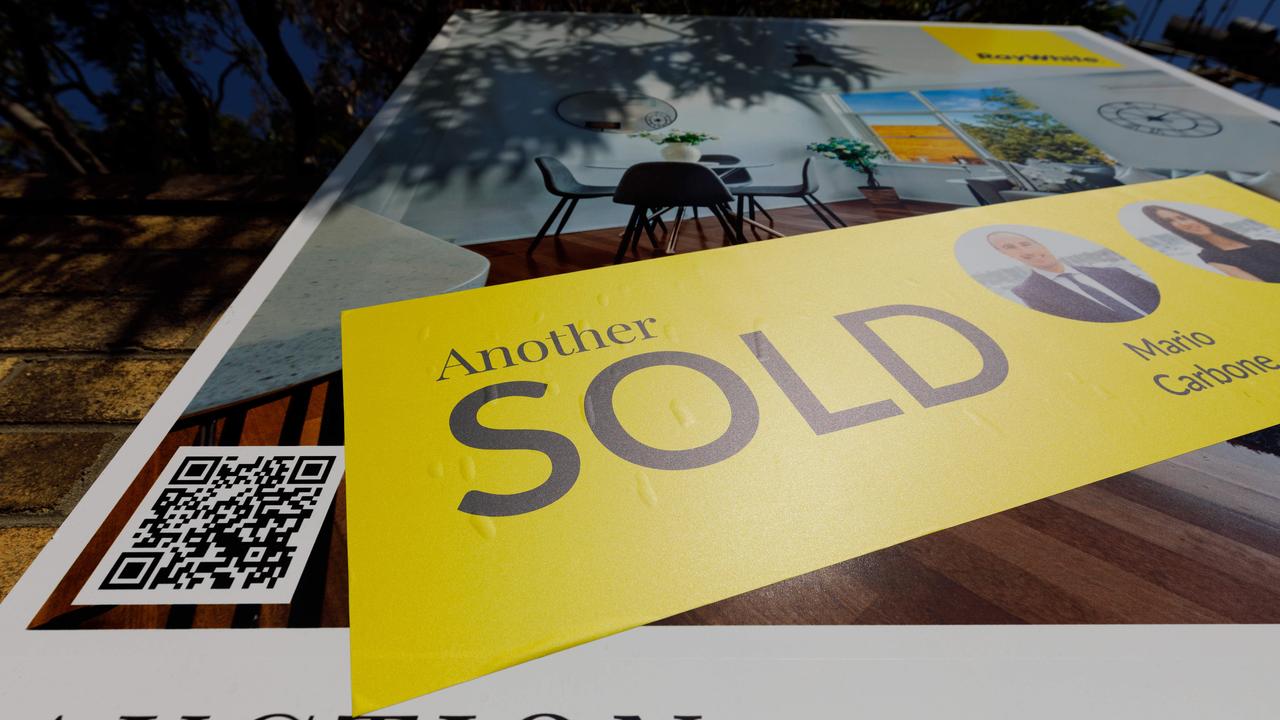Labor faces behind Industry Super Australia’s critique of Coalition housing plan
The PM’s housing proposal could cost super funds $25m in fees in year one, $50m in the second and so on. It’s also emerged that some of the harshest critics have skin in the game.
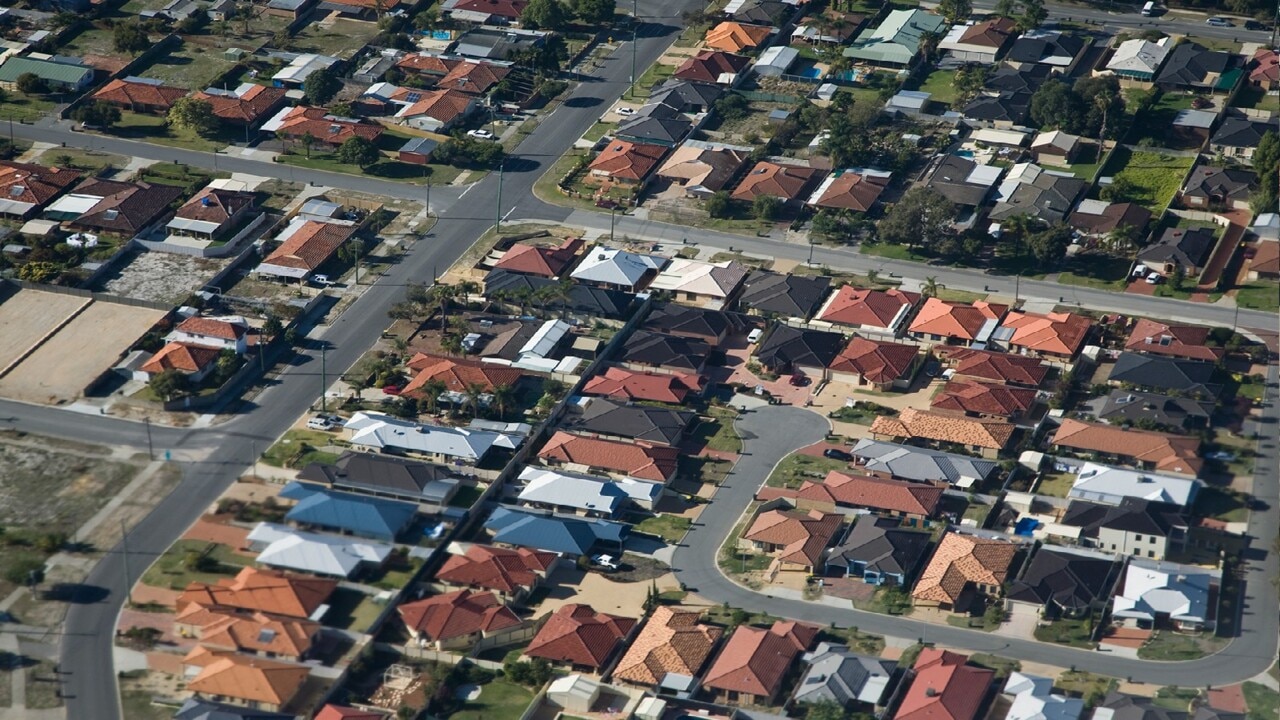
Federal Election
Don't miss out on the headlines from Federal Election. Followed categories will be added to My News.
A marketing and lobbying group attacking Scott Morrison’s new super-for-homes policy is stacked with former Labor politicians who sat at the federal cabinet table with Anthony Albanese when the ALP was last in power.
Industry Super Australia has claimed the Prime Minister’s housing affordability plan, announced Sunday, would be “like throwing petrol on a bonfire – it will jack up prices, inflate young people’s mortgages and add to the aged pension, which taxpayers will have to pay for”.
The policy would also “torpedo super fund investment returns for all Australians (by) forcing funds to carry more cash and be less able to invest for the long term,” according to Industry Super Australia, which harvests $23m a year from 13 well-known funds including Cbus, Australian Super and Host Plus for joint marketing, advocacy and research projects.
What is less well known about Industry Super Australia is that its advisory council is chaired by former federal climate change minister Greg Combet and that the council’s members include ex-federal treasurer Wayne Swan and former health minister Nicola Roxon. All were part of the Gillard government cabinet along with Mr Albanese. Labor opposes the Coalition plan.
Yesterday, Mr Swan, who is also the national president of the ALP, said Mr Morrison’s policy would weaken the ability for these funds to invest in Australian jobs.
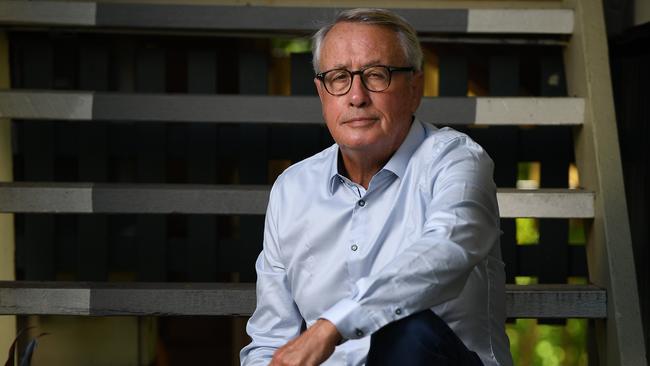
“Morrison’s super vandalism undermines super returns and retirement incomes of workers on modest incomes,” he tweeted.
Federal Liberal senator for NSW Andrew Bragg, the author of Bad Egg: How to Fix Super, said Labor could not run an election campaign without money from industry funds and unions.
“It is a complete joke that Wayne Swan is the president of the Labor Party and chair of Cbus,” Mr Bragg said.
“It highlights the ridiculous conflict of interest which is at the heart of the Labor Party’s financial arrangements.”
Industry Super Australia chief executive Bernie Dean said Mr Bragg was looking out for his “old mates” in banking “who will be the big winners out of this, via inflated mortgages”. Mr Bragg was the Financial Services Council’s policy director prior to entering politics.
When The Daily Telegraph contacted Mr Swan he declined to comment.
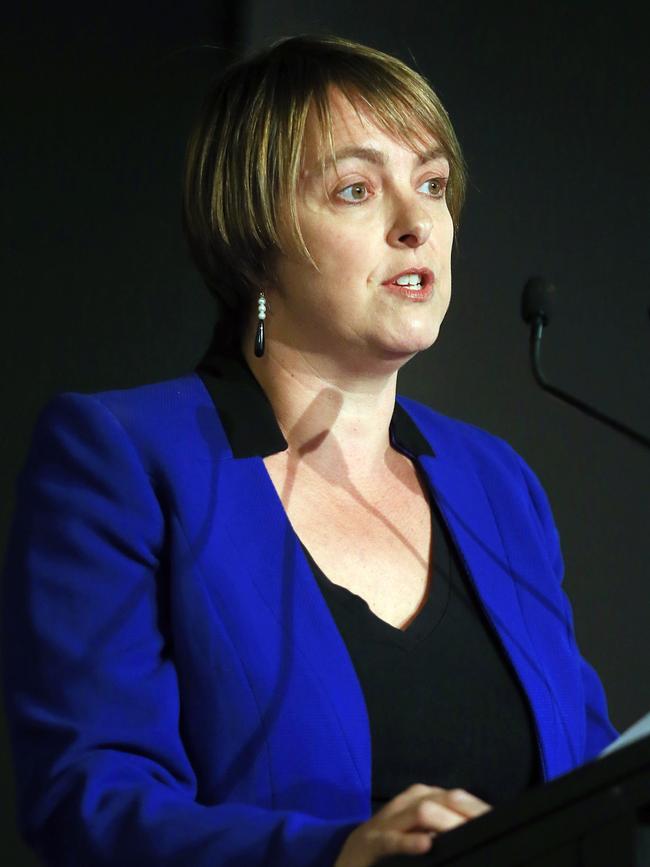
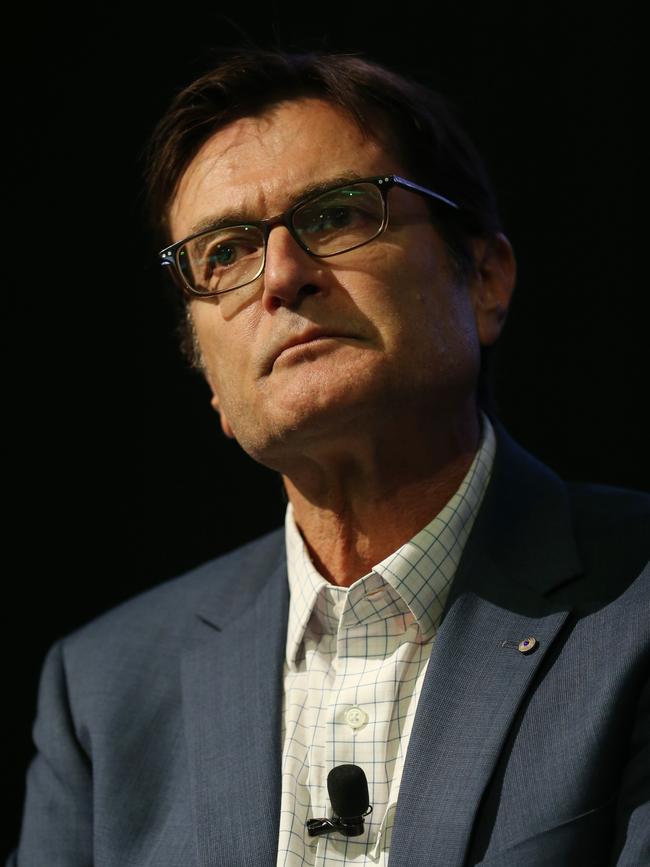
Housing policy expert Cameron Murray, of Sydney University, estimated the price effects for using super to help buy a home would be “extremely small”. He calculated the policy could lead to the withdrawal of about $2.5 billion a year from super for first home purchases.
Government sources said that was in the right ballpark.
“It seems as reasonable as Labor’s proposal” to take an equity stake in people’s first homes, Dr Murray said.
Losing $2.5bn a year in super could collectively cost funds about $25m annually in fees.
Australians pay $30bn a year in super fees, according a 2020 inquiry into the retirement income system.
George Washington University economist Steven Hamilton, who is also a visiting fellow at the Tax and Transfer Policy Institute at ANU, said “in principle, the government’s scheme makes a lot of sense.”
Mr Hamilton said that as home ownership was the best predictor of retirement security, it made sense to allow first-home buyers to rebalance their assets to achieve this.
“If I have $50,000 of equity in my home or $50,000 in superannuation, that doesn’t meaningfully impact my retirement security – what I need is money in retirement,” he said. “The good thing is that this loosens up that division and allows some reallocation and that’s a perfectly sensible policy.”
He acknowledged there would be some upward pressure on house prices, but that would be the case with any reform that increased the ability of people to get into the market.
Mr Morrison yesterday said that rather than agreeing with people who want to “stand with the big union super funds … I’m going to stand with the homebuyer.”
Mr Albanese described the Coalition policy as an “attack on future generations”.
More Coverage
Originally published as Labor faces behind Industry Super Australia’s critique of Coalition housing plan



